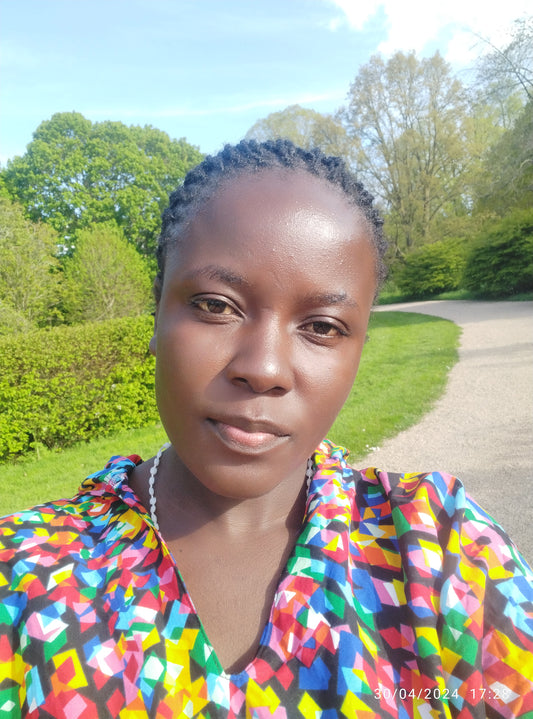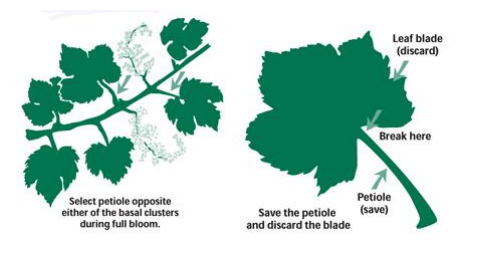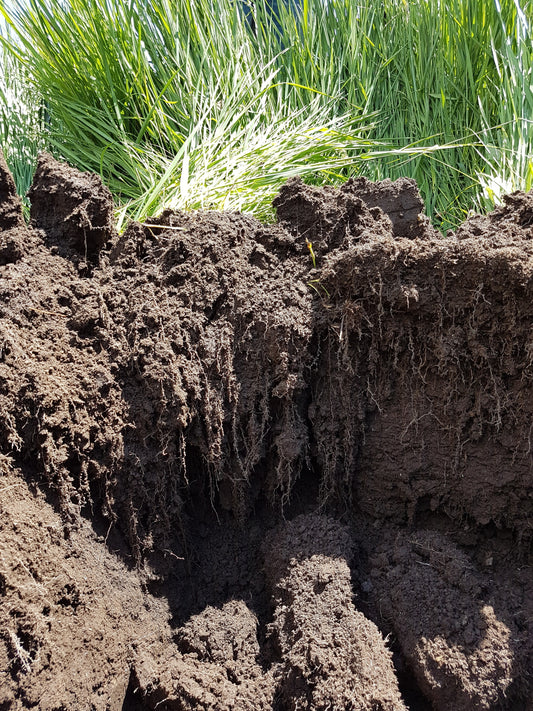In the past year, I have found myself being labeled in various ways, including being called homophobic, racist, liberal, and even, a soil scientist! Gasp!
This increasing need to categorize people has prompted me to reflect on the profound impact labels have on individuals and society. There is an innate human desire to belong and identify with a particular group, however, it is critical to acknowledge that labels often lead to stereotypes, division, and tribalism, rather than fostering intimacy, empathy, and genuine understanding among people. It has led me down the rabbit hole of the label "regenerative agriculture" and the inherent limitations of defining it based on agricultural practices. Research shows how labels can limit individuals, confining them within narrow and oversimplified categories, stifling their true potential and hindering the development of a society, so too I believe with labeling an emergent paradigm.
The current definitions of regenerative agriculture, as espoused by corporations and various stakeholders, are mostly rooted in an industrial paradigm. Can you capture the full nuance of your best buddy, a child or yourself, or the label "conventional Ag? And yet there is a belief that a farm or ranch ecosystem can be captured and labeled, when all are on a journey, with different constraints, goals and contexts.
I understand the desire to demonstrate improvements or to support market growth for better food and ecosystems, however, practices can degenerate or regenerate depending on the minds of those wielding the tool. Truly "it's not the Cow, its the How."
I stand on my view that regeneration is an outcome, not a process or a noun. Regeneration is a verb, one of action and outcomes. Using practices as a definition introduces black-and-white dogmatic and polarizing viewpoints, take cultivation versus chemical spray- we will never find agreement, the regenerative organic will lob chemical vitriol across the chasm to those who view tillage as a soil apocalypse. This creates division. I want to know -- do these definitions foster regenerative outcomes for all: for people, biodiversity, vibrant landscapes, health, nil-residue nutritionally dense foods that nourish and water that we can drink?
I'm an advocate for regenerative systems thinking throughout the definition process, held and facilitated by highly trained systems thinkers. This multi-faceted approach also fosters a more inclusive understanding of the social environment, putting culture back into agriculture.
What are some of the questions we could be asking of labels?
~ Why do you need labeling, and how do labels address your concerns?
~ How do the intention and definitions align with the principles of a regenerative paradigm.
~ How does this definition incorporate and embrace diverse perspectives and voices, ensuring a comprehensive and inclusive approach to land management?
~ How do these definitions source themselves from a proactive standpoint that acknowledges and respects the principles and workings of nature?
~ Who, or what, benefits from this approach? The need to label speaks more volumes about the labeler, than the thing being labeled, don't you think?
The impact of labels in agriculture and society cannot be underestimated. We all need to challenge the prevailing labeling practices and strive for a more holistic and inclusive approach that fosters genuine understanding, empathy, and appreciation for complexity. By doing so, we can create a world where labels can serve as catalysts for growth, and for vibrant and interconnected communities.
Perhaps you've been asked to put in your voice on these definitions? If this blog leaves you with reflections on how we can all contribute to shaping an emergent world more powerfully and ecologically, then I invite you to sign up for our upcoming SHIFT program.
We've distilled our 3 day school into more digestible bite-sized pieces online, so you can fit it around your busy life.
SHIFT will be released before the end of April 2024.
Some SHIFT participant reflections; "Refocusing on the "culture" of agriculture has reintroduced empathy into conversations previously centered around science, facts, and blame."
SHIFT "has provided me with another way of looking at things. What is my motivation? How do I handle stress. It helps me to better understand people's motivation."
"I really loved this workshop and would do it all over again!". Learn more ...




